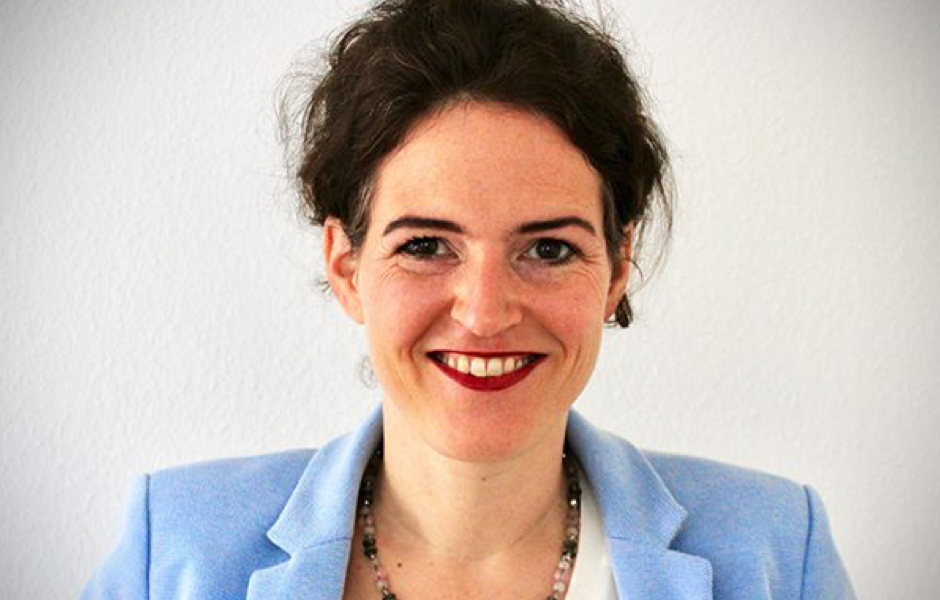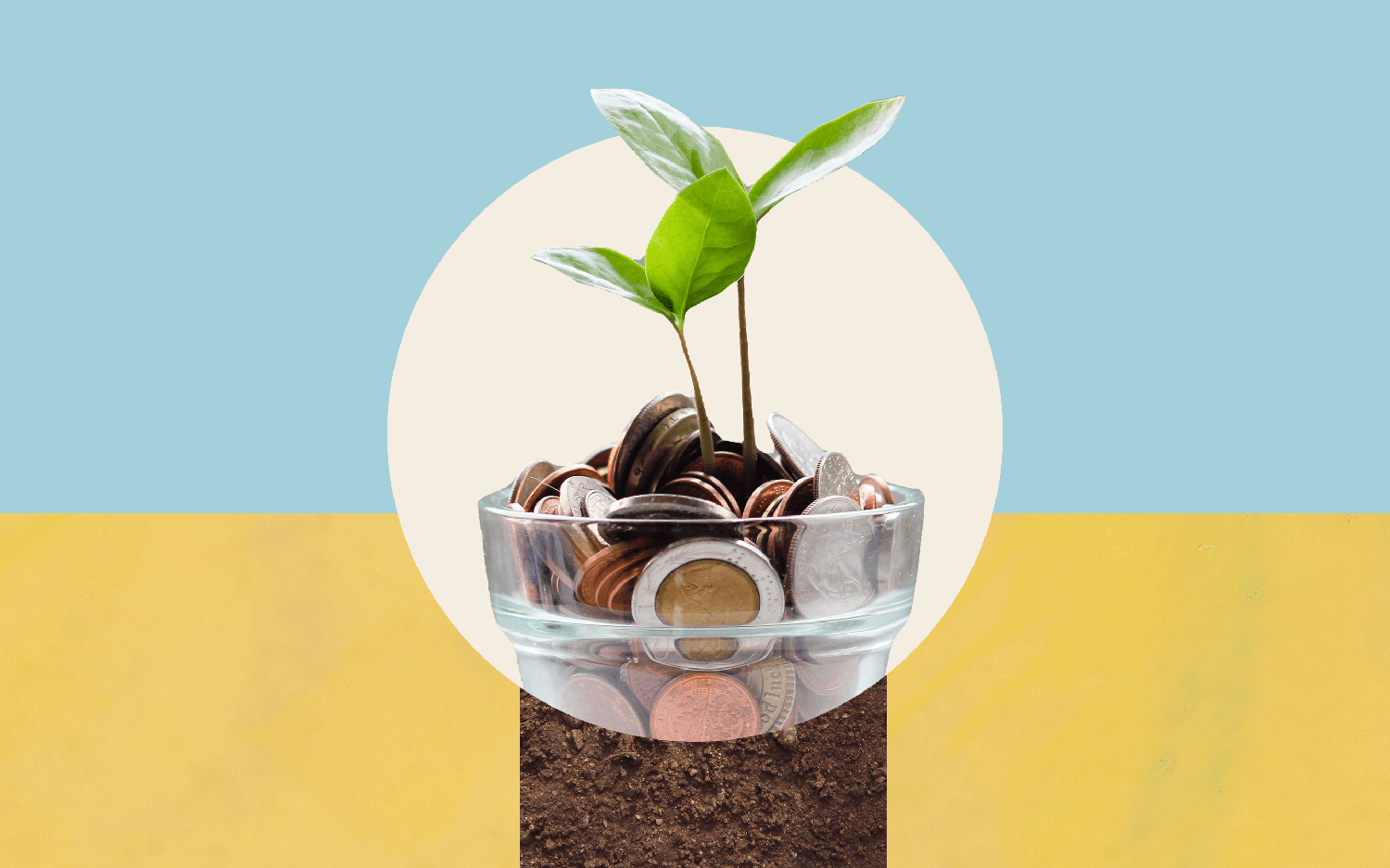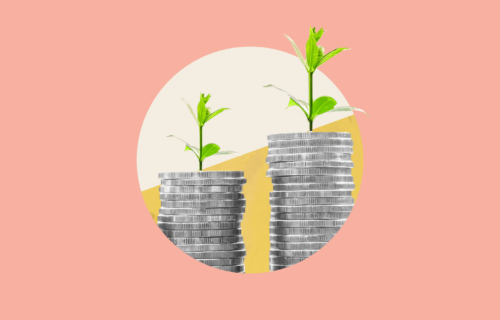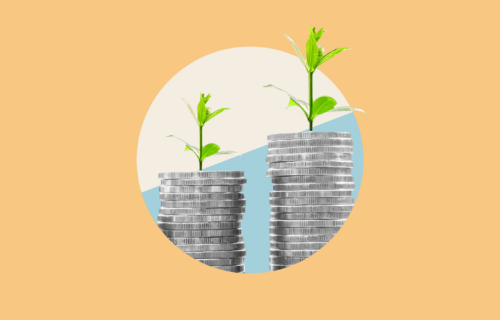Inyova caught up with sustainability and ethics expert Dr. Dorothea Baur to discuss ecological investments – and how your money can help change the world.
Dr. Baur is an advisor who works with companies, foundations and NGOs on the topic of sustainable investment. In addition to various roles and engagements in this field, she is an independent ethics officer at the Alternative Bank Switzerland and an associate at the Institute for Social Banking.
Dr. Baur, how did you come to deal with the topic of impact investing? Do you focus on a particular type of impact investing?
In my many years of research and teaching in business ethics, sustainability and social responsibility, I had previously only touched on the financial sector in passing. That changed abruptly four years ago: I realised that exciting developments were taking place in this area – particularly in the financial sector, which is traditionally more conservative.
Among the multitude of sustainable investment strategies, impact investing stands out for me because it is a particularly pointed commitment to investing not only on the basis of financial criteria.
I don’t focus on a particular type of impact investing, but rather provide my clients with orientation towards the full range of sustainable investment strategies. For me, the most important factor is for investors to design their investments in accordance with their personal values. Because impact investing requires an active decision for something, it allows a careful examination of personal values. It is therefore particularly exciting for me as an ethics consultant.
What do you think are the biggest differences between ecological-ethical investments and conventional approaches?
Conventional approaches are primarily geared to financial returns. Ecological-ethical plants never take the yield as the only criterion, but always focus on sustainability.
The extent to which non-financial criteria are weighted depends on the type of investment and the conviction of the investor. The spectrum ranges from relatively loose minimum conditions, where it is sufficient for companies to commit themselves to a rather rudimentary global framework such as the UN Global Compact, through to the prioritisation of ecological or social impact over financial results.
With your experience: How do you assess the returns of ecological investments? Can investors achieve the same return with green investments as with traditional investments?
As with all questions like this, there are countless studies on this topic that are based on different methods and generate different results. However, there is now a relatively broad consensus that green investments do not perform worse than conventional investments.
Nevertheless, the discussion is far from over. The losses on the stock market at the end of 2018 in particular have produced a number of articles that paid particular attention to the performance of sustainable investments in this adverse market environment. Stock market crises represent a particular risk and a test of endurance for sustainable stocks and funds. In the medium term, I assume that ecological investments in particular will have a clear earnings advantage due to climate change.
[Tweet “In the medium term, I assume that ecological investments in particular will have a clear earnings advantage as a result of climate change.”]
Do you see sustainable forms of investment as a real opportunity for ecological change, or is it merely a ‘greenwashing’ trend for you?
As already indicated above, there is a very large variance among the individual investment forms labelled as sustainable. It is nothing new that certain critics smell greenwashing behind every deviation from pure profit orientation, but this is well known, for example, from the debate on corporate social responsibility.
Even though fears around greenwashing are often expressed very broadly and reflexively, they are not completely unfounded. In every booming market – and the sustainable investment market is one of them – there are freeriders who adorn themselves with the label without changing their behaviour.
In the meantime, however, the problem has been recognised both by investment clients and by the media and politics. The EU is now working with a high-level group of experts on sustainable finance to develop a classification system, to clarify what is “sustainable” and what is not. This shows that sustainable investments are not a short-term trend but are being taken seriously at the highest level.
Furthermore, when one reads there is a 5 Billion Euro shortfall in achieving the UN’s sustainability goals (SDGs), it becomes clear that we cannot afford to treat this whole thing as a temporary trend. This amount of money cannot be covered without the commitment of private impact investors.
In your opinion, what role will ecological investments and sustainability play in the financial sector in the future?
Just as in other areas, sustainability is increasingly becoming an integral part of the financial sector. It is not just discussed incidentally, but is taken into account as standard in all decisions. There are two drivers for this: on the one hand, there’s increased awareness among investors, which is creating demand. On the other hand, there’s a growing range of products and services that are accessible to everyone thanks to new technologies.
As mentioned above, this process is being accelerated by the fact that the issue is being taken up by regulators at a national and international level. However, it is neither feasible nor desirable to promote sustainability in finance through regulation alone. Investors should not simply blindly rely on legal requirements. After all, sustainability, no matter in which area, is always the responsibility of the individual. Taking this responsibility seriously means always thinking critically.
 Dr. Dorothea Baur
Dr. Dorothea Baur



